In June 2024 an international team of researchers and students carried out a two-week experimental campaign at the Arctic Space Centre in Sodankylä. This was the third experimental campaign held in Sodankylä since 2022 and aimed to further-investigate how energetic particles from geomagnetic storms and solar proton events affect stratospheric chemistry. The Sun is currently near the most active phase of its 11-year “Solar Cycle” and the campaign team launched a series of balloon payloads to measure ozone along with the local particle environment.
These observations were used, in combination with satellite data, to explore changes in the stratosphere that occur at the same time as changes in solar and geomagnetic activity. The ultimate goal of the research project is to quantify exactly how much of an effect energetic particles from space can have on stratospheric chemistry.
Experiments and observations were led by researchers from the Finnish Meteorological Institute, the University of Colorado and the Space Science Institute.
The work was supported by the US National Science Foundation (NSF).
Sodankylä research site in Northern Finland is well suited for atmospheric research field campaigns, having facility for balloon borne observations and several ground-based spectrometers designed to measure atmospheric composition. The site contributes to several atmospheric research networks, including the Network for the Detection of Atmospheric Composition Change (NDACC); The Global Climate Observing System (GCOS) Reference Upper-Air Network (GRUAN); The Total Carbon Column Observing Network (TCCON); COllaborative Carbon Column Observing Network (COCCON); Système d’analyse par observation zénithale (SAOZ); Brewer spectrophotometer network; AErosol RObotic NETwork (AERONET); and the Global Atmosphere Watch (GAW).
More Information
Dr. Rigel Kivi, Senior Research Scientist, Finnish Meteorological Institute, rigel.kivi@fmi.fi
Dr. Lauren Blum, University of Colorado, Boulder, USA
Dr. Michael H. Denton, Space Science Institute, Boulder, Colorado, USA
Prof. Pekka Verronen, Finnish Meteorological Institute and University of Oulu

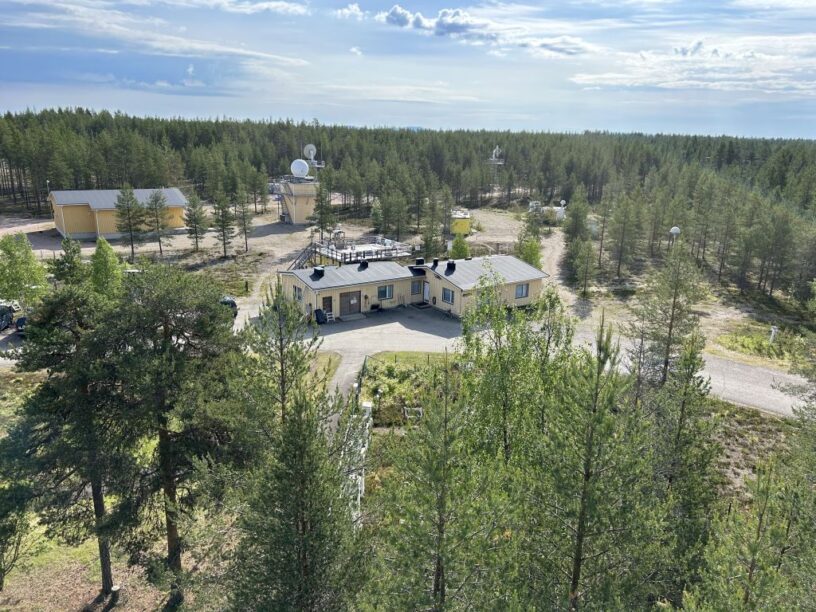
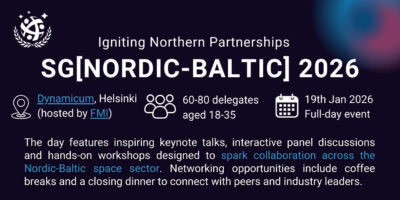
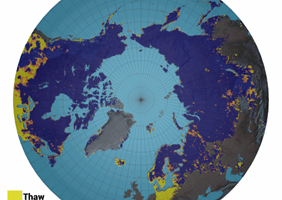
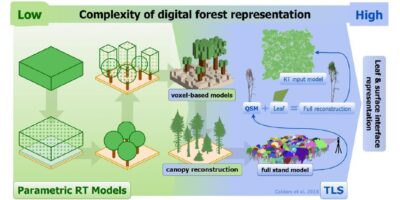
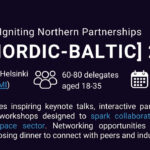
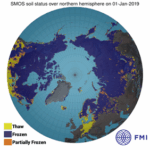
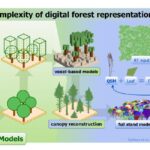
Leave a Reply
You must be logged in to post a comment.